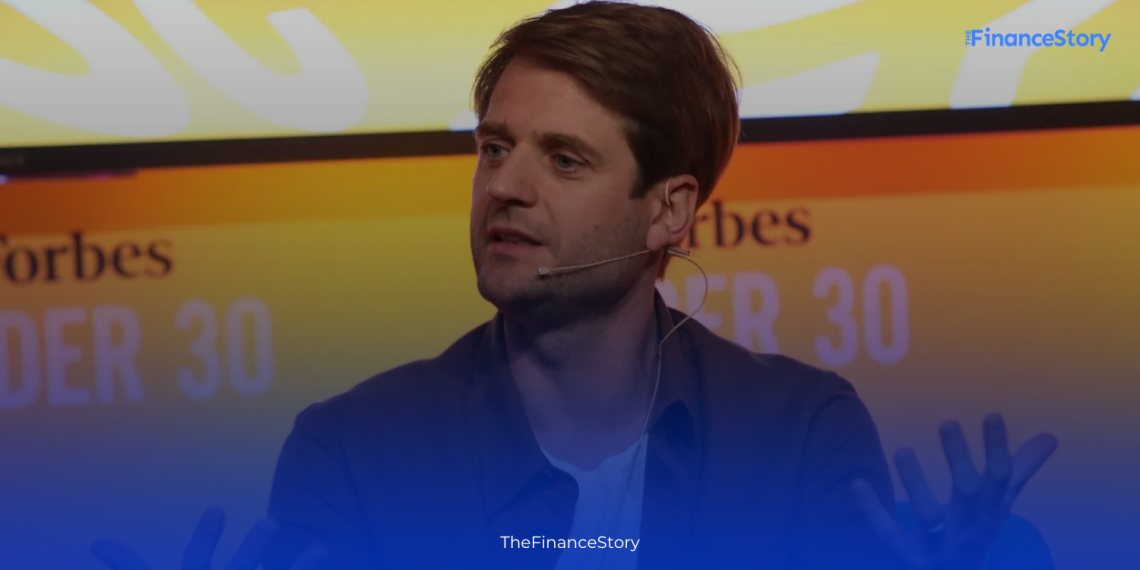- Klarna, best known for its “buy now, pay later” service, is also betting big on AI.
- That’s why Klarna CEO Sebastian Siemiatkowski stopped hiring a year ago.
- The startups’ AI assistant is now managing the equivalent workload of 700 full-time employees, as stated in a company announcement.
Klarna CEO on AI
Klarna’s CEO, Sebastian Siemiatkowski, is fully committed to leveraging AI at the fintech company.
In a recent interview with Bloomberg TV, he stated that AI is capable of performing all the jobs currently handled by humans, with the key challenge lying in its application and use.
And according to his LinkedIn post, it would seem that Siemiatkowski is doing as he preaches.
He recently gave an update on the company’s financial performance for the first three quarters of the year. It showed a 23% year-over-year revenue growth.
You know what’s special about it? The content was delivered by an eerily identical AI Avatar of Siemiatkowski. See it for yourself.
He emphasized that AI can handle jobs traditionally done by humans, including high-level roles like CEOs and bankers.
The company has integrated AI across various operations, including,
- Marketing
- Financial analysis
- Product development
- Engineering
Klarna’s hiring freeze
As AI technology advances, the labour market is growing restless. There are growing concerns about its effects on their careers. And for the right reasons.
Just take Klarna, for instance
- Siemiatkowski revealed that Klarna stopped hiring a year ago.
- Their workforce dropped from 4,500 to 3,500 employees.
- He explained that like many tech companies, Klarna experiences a natural attrition rate of around 20% per year.
- The hiring freeze is a strategy to reduce the company’s overall salary costs.
- Some of the savings were passed on to employees in the form of higher pay.
Current hiring situation
But… Here is a kicker for you.
- Now many of you may say, “But Klarna’s website still lists open positions.”
- The truth is the company is not actively expanding its workforce.
- Instead, it is filling essential roles, mainly in the engineering department.
On AI regulations in Europe
When asked about Europe’s stance on AI regulation, Siemiatkowski had some things to say.
He is not a fan of Europe’s proactive regulatory approach.
Instead, he supports the more cautious, innovation-friendly stance in the U.S.
While some basic rules, such as transparency about AI vs. human communication, are necessary, Siemiatkowski states that overregulation could stifle AI innovation.
What’s their valuation?
In 2021, Klarna became Europe’s most valuable private tech company, achieving a valuation of $45.6 billion. That year, the company processed approximately $80 billion in online sales.
However, this valuation saw a significant drop in the coming years.
Klarna’s valuation stands at $14.6 billion as of 2024.







